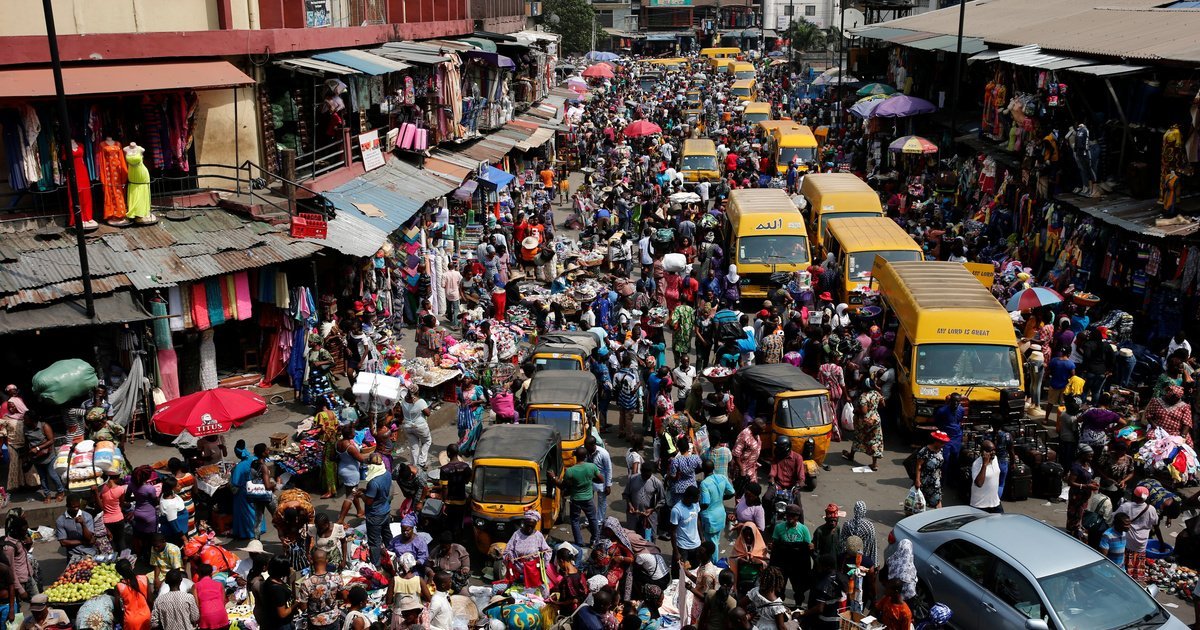News
Commissioner Releases Number Of Lagosians Living With HIV

The Lagos State Government has revealed the number of Lagosians living with the Human Immunodeficiency Virus (HIV).
The state Commissioner for Health, Professor Akin Abayomi, released the figure during a media briefing to mark the second anniversary of Governor Babajide Sanwo-Olu’s second term in office.
According to him, over 135,000 residents are currently living with the Human Immunodeficiency Virus, underscoring the health challenge that the disease had become.
“135,224 residents are living with Human Immunodeficiency Virus (HIV),” Abayomi said, adding that the state government has intensified awareness and intervention efforts by engaging more than 100 religious leaders as HIV and AIDS ambassadors.
“We are using trusted voices to drive education, testing, and treatment in our communities,” he stated.
He said that it was not HIV alone that the state was contending with, but that it had provided free cervical cancer screenings for 154,228 women and treated 8,613 with thermal ablation.
“In a population of 30 million, the estimated hypertension prevalence is 20%, and 70% of them are unaware of the disease,” the commissioner noted, informing that the state has a 12% obesity rate and a 6% diabetes prevalence, with 50% of those affected unaware of their condition.
Additional 33,000 doctors and 33,000 nurses are needed to meet Lagos’ healthcare demands, he stated.
READ ALSO: How I Got Infected With HIV At 17 Years Because I Wanted Fame – Lady Narrates
READ ALSO: How Govts Are Supporting Deaths, High Diseases’ Prevalence – WHO
Though it currently has 7,000 doctors, Lagos needs an additional 33,000, of which the Lagos State University of Medicine and Health is expected to produce 2,500 healthcare workers annually within five years, including doctors, nurses, and laboratory scientists.
On the state health insurance policy, he said:
“The new mandatory nature of the state health insurance act would significantly scale up the size of the pool of funds”, adding that health infrastructure projects, including the New Massey Street Children’s Hospital, the Ojo General Hospital, and the Mental Health Institute in Epe, were nearing completion.















